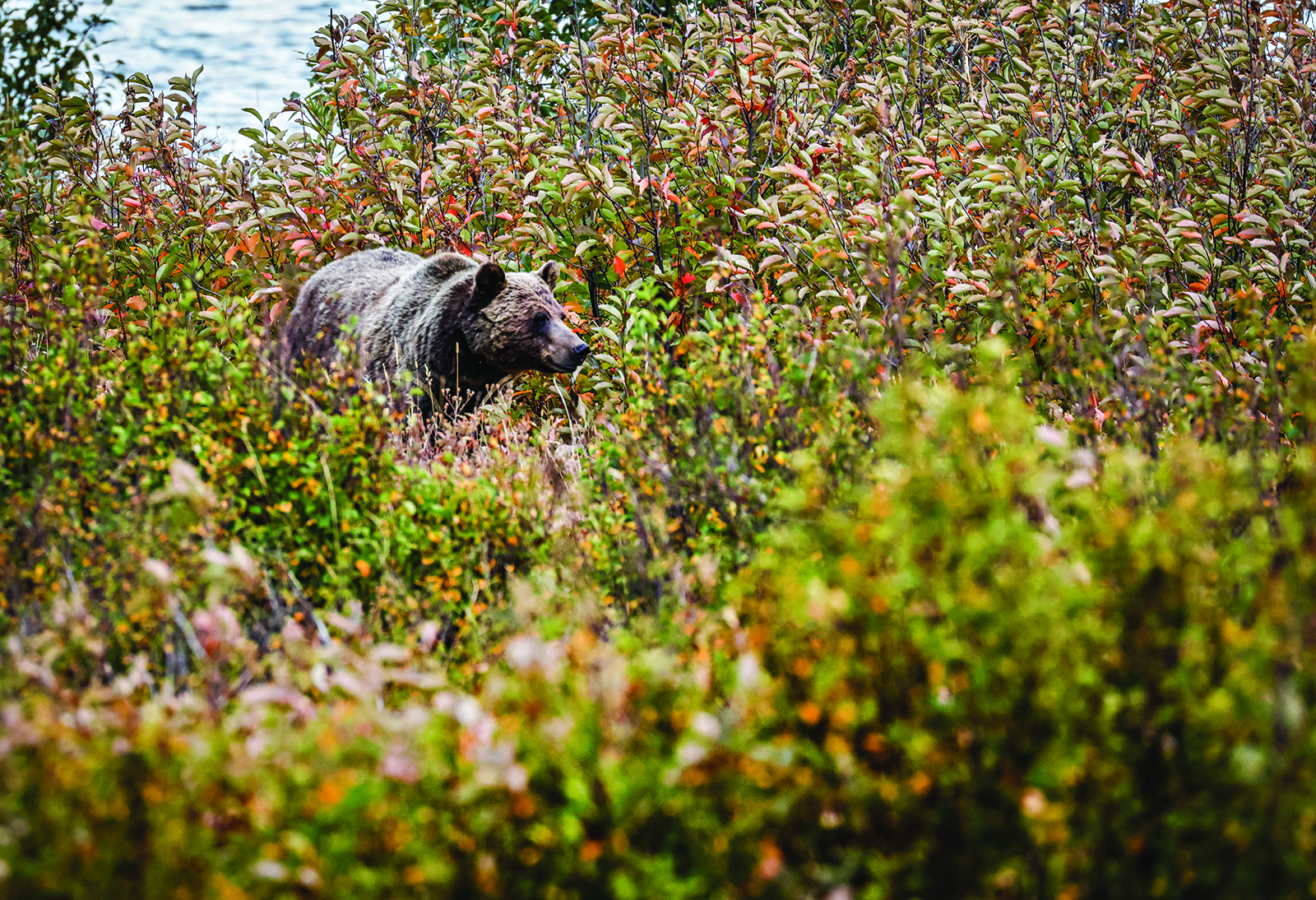Three Grizzly Bears Test Positive for Avian Flu in First Documented Cases
The bears, including a griz near Kalispell, were “observed to be in poor condition and exhibited disorientation and partial blindness"
By Beacon Staff
Three juvenile grizzly bears tested positive for highly pathogenic avian influenza (HPAI) virus this fall and were euthanized due to their sickness and poor condition, according to a press release from Montana Fish, Wildlife and Parks. They mark the first documented cases of avian flu in grizzly bears.
The three bears — one near Augusta, one near Dupuyer and another near Kalispell — were “observed to be in poor condition and exhibited disorientation and partial blindness, among other neurological issues,” the release states.
A fox and a skunk in Montana also tested positive for HPAI last year, and the virus has been found in raccoons, black bears and even a coyote in other states and countries.
“We suspect these mammals probably get the virus from consuming infected birds,” FWP Wildlife Veterinarian Jennifer Ramsey said in a prepared statement.
Avian influenza (AI) virus is a naturally occurring virus in birds. AI viruses are classified into two groups, based on the severity of disease they cause in infected poultry. Low pathogenic AI viruses generally cause no clinical illness, or only minor symptoms in birds. HPAI viruses are extremely infectious and fatal to poultry and some species of wild birds.
Although the Centers for Disease Control and Prevention (CDC) considers risk of HPAI spread to humans to be very low, Montanans should take precautions when handling game birds, sick or dead birds and mammals they find. Whenever possible, avoid contact with sick or dead wildlife. Even if an animal is not suspected to have died from a contagious disease, gloves should always be worn if a dead animal must be handled for disposal.
FWP staff would like to know about unusual or unexplained cases of sickness and/or death of wild birds and animals by calling their local wildlife biologist or the wildlife lab in Bozeman at 406-577-7880 or 406-577-7882.